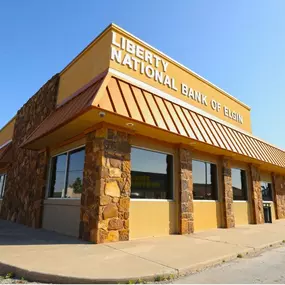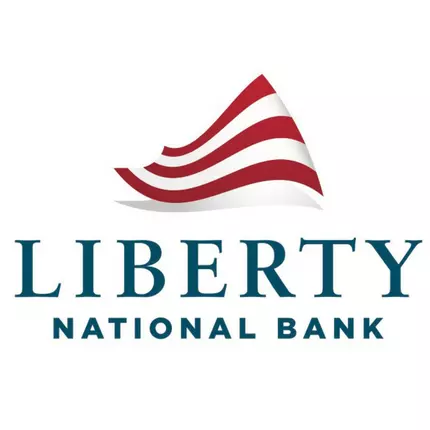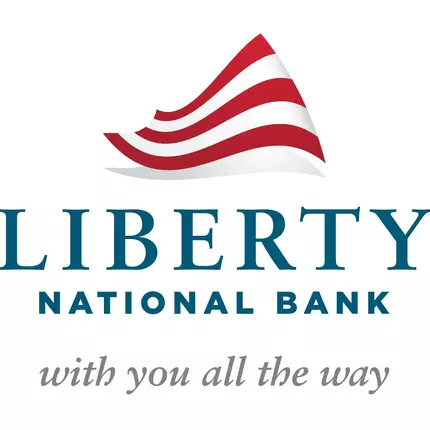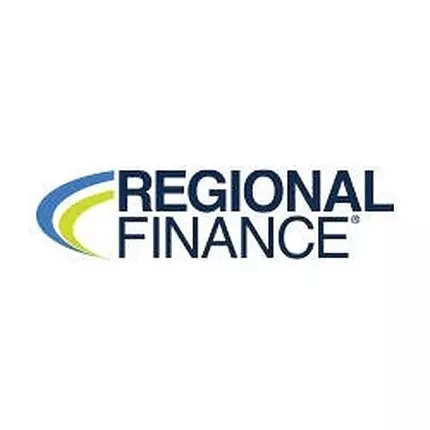Liberty National Bank in Elgin
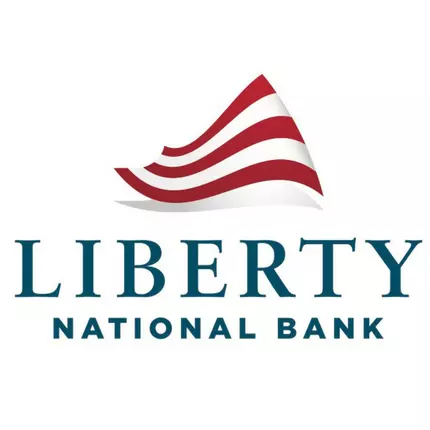
Åbningstider
- Mandag
- 07:00 - 18:00
- Tirsdag
- 07:00 - 18:00
- Torsdag
- 07:00 - 18:00
- Fredag
- 07:00 - 18:00
- Lørdag
- 09:00 - 12:00
M-Tu 7am-6pm, W Closed, Th-F 7am-6pm, Sa 9am-12pm, Su Closed
Muligheder for at ændre dine data
Die Seite "Liberty National Bank" administreres af et bureau.Kontakt venligst din bureaupartner for at opdatere indholdet.
Liberty National Bank Banker
8232 Oklahoma 17
73538
Elgin
Beskrivelse
For well over a century, Liberty National Bank has been tied to the land and the people of Oklahoma.
Rising amidst the grasslands and rolling hills in the town of Elgin, Oklahoma, before Oklahoma earned its statehood, Liberty National Bank began as the Bank of Elgin.
The Bank of Elgin was established in 1902 as a state bank by J.A. Butler and F.R. Dykeman, with its building situated on Main Street. In 1906, a businessman and banker from Iowa named Wilbert W. Brunskill moved to Elgin and acquired the bank from Dykeman and Butler. Brunskill then sold the bank in 1908 and spent the next six years focusing on other local business affairs.
History - Bank of Elgin 488In 1914, Brunskill reacquired the Bank of Elgin, serving as president and owner. Shortly thereafter, the bank grew to $5,000 in capital stock with $3,500 in surplus. These assets enabled the bank to play a considerable role in the local enterprise and energy that went into the commercial and agricultural development in the early part of the 20th century.
Fast forward to 1997, when another local businessman with a vision for growth and development, stepped into the picture. The businessman was Clayton L. Green, Jr., simply known by most as “Buddy”.
What began as a lunch between two business friends quickly evolved into a promising business opportunity. Less than a year later Mr. Green held 100% ownership of the bank’s holding company - B.O.E Bancshares. At the time, the Bank of Elgin had about $24 million in total assets.
In 1998, Buddy built a new location at 44th and Gore Boulevard in Lawton. This new branch would be the first step in a plan for growth and acquisition, the likes of which the bank had not experienced in its almost 100-year history. To further demonstrate his intentions, Green purchased Lawton’s old Public Service Company building and completely renovated it to become the Bank’s flagship location.
GoreAs the Bank’s reach and customer base grew, it became apparent that it was time for a new nam
